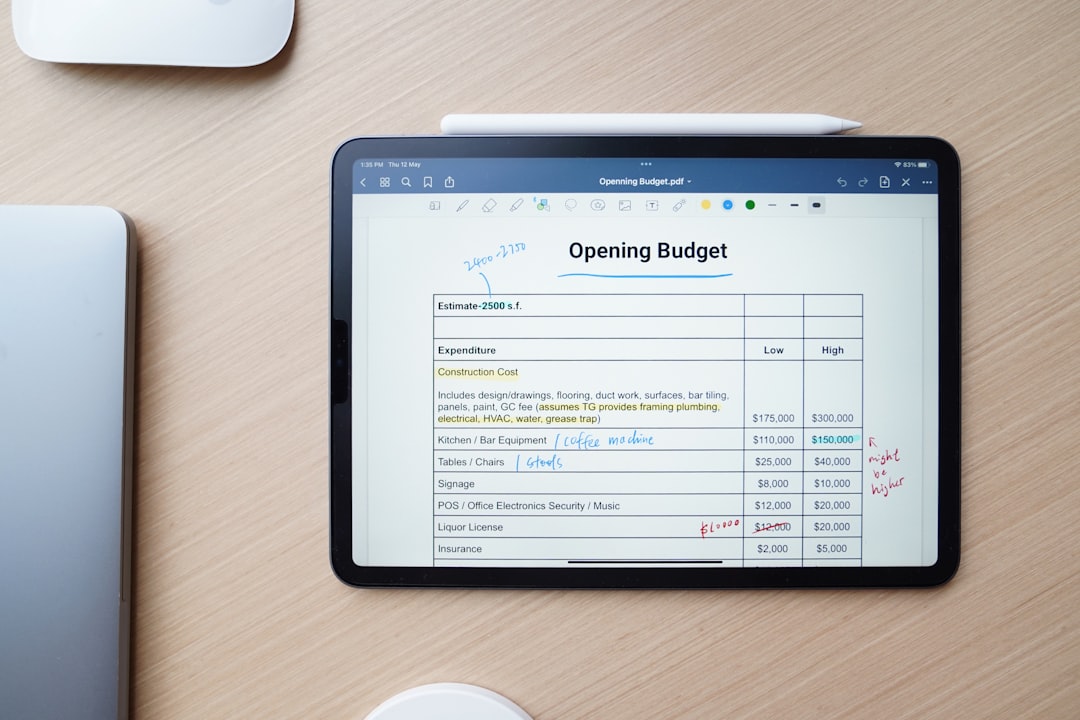Artificial Intelligence (AI) has swiftly transformed the landscape of financial management, particularly in the accounting sector. As businesses — both small and large — strive to streamline operations and reduce human error, AI-powered accounting tools have become essential in achieving real-time accuracy, efficiency, and compliance. However, the best AI accounting tools are not one-size-fits-all. Small businesses and enterprise-level organizations require distinct functionalities and levels of sophistication.
TLDR: AI accounting tools differ significantly in their suitability for small and enterprise-level businesses. While small businesses benefit most from user-friendly, affordable platforms with automated invoicing and expense categorization, enterprises require robust, scalable systems that provide advanced analytics, multi-entity support, and integration with ERP systems. Tools like QuickBooks AI and Xero make financial management simple for small businesses, whereas platforms like Oracle NetSuite and SAP S/4HANA cater to complex corporate needs. Choosing the right tool depends on company size, complexity of accounting workflows, and integration requirements.
What Makes an AI Tool Ideal for Accounting?
Before diving into specific tools, it’s important to understand which core functionalities define an AI-enhanced accounting software. Some common capabilities include:
- Automated data entry — Reducing the need for manual input by capturing and categorizing financial data.
- Real-time reporting — Instant financial snapshots help with strategic decision-making.
- Predictive analytics — Forecasting future financial trends or alerting deviations.
- Fraud detection — Flagging anomalies that might indicate errors or suspicious activity.
- Integration ability — Seamless connectivity with banking, payroll, CRM, and ERP systems.
Since the needs of a small retail store differ vastly from those of a multinational firm, it’s crucial to match the tool’s features with the use-case.
Top AI Accounting Tools for Small Businesses
Small businesses typically prioritize ease of use, affordability, and core functionality like invoicing, expense tracking, and tax preparation. AI assists by simplifying repetitive tasks and minimizing manual errors.
1. QuickBooks Online (with QuickBooks AI)
QuickBooks Online by Intuit is one of the most popular accounting platforms for small businesses. Its AI-powered features enable:
- Automated categorization of transactions based on historical patterns
- Smart invoicing that predicts due dates and alerts for late payments
- Expense prediction and cash flow forecasting
QuickBooks’ integration with third-party payment platforms and its easy mobile access make it a favorite among entrepreneurs.
2. Xero
Xero is another strong contender with AI capabilities that support:
- Smart bank reconciliation recommendations
- Automated invoice reminders
- AI-driven cash flow dashboards
The interface is particularly intuitive, making it easier for non-accountants to navigate. Xero also supports over 800 integrations, making it highly versatile.
3. Wave Accounting (Best for Sole Proprietors)
A free alternative that leverages AI for basic functions:
- Automated transaction categorization
- Receipt scanning with OCR technology
- Basic payroll and tax calculations
Wave is ideal for freelancers and very small businesses that need essential features without the cost of a subscription.

Top AI Accounting Tools for Enterprise Organizations
Large enterprises demand a broader, more robust feature set, often requiring AI tools to support complex operations, international compliance, and deep customization. Security, scalability, and integration into enterprise resource planning (ERP) systems are mandatory.
1. Oracle NetSuite
NetSuite is a cloud-based ERP solution with advanced AI capabilities embedded into its accounting modules. Features include:
- Predictive analytics for budgeting and forecasting
- AI-driven scenario planning
- Compliance monitoring across multiple jurisdictions
With real-time dashboards and the ability to consolidate financials across multiple subsidiaries, NetSuite is tailored for growing multinational companies.
2. SAP S/4HANA Finance
SAP’s flagship ERP system integrates AI for redefining financial management workflows. Notable features include:
- Real-time financial close processes
- Machine learning algorithms that automate matching tasks during reconciliations
- Seamless AI integration with supply chain and inventory data
While implementation is complex, SAP’s powerful framework is ideal for large organizations needing granular control and global scalability.
3. Microsoft Dynamics 365 Finance
Microsoft’s enterprise AI-powered finance solution helps large firms manage core operations. Key functionalities include:
- Credit risk prediction using AI algorithms
- Automated vendor invoice processing via computer vision
- Power BI integration for customized financial reporting
Businesses already invested in Microsoft ecosystems find Dynamics 365 a practical and effective solution.

Feature Comparison Table: Small vs Enterprise Tools
| Feature | Small Business Tools (e.g., QuickBooks, Xero) | Enterprise Tools (e.g., NetSuite, SAP) |
|---|---|---|
| Cost | Low to moderate monthly subscription | High implementation and license costs |
| Ease of Use | User-friendly with minimal setup | Requires training and technical knowledge |
| AI Capabilities | Basic automation and predictions | Advanced machine learning, predictive modeling |
| Scalability | Limited scalability | Highly scalable for global operations |
| Integrations | Banking, CRM, e-Commerce | ERP, supply chain, HRIS, and more |
Choosing the Right Tool: Factors to Consider
No matter the size of the organization, the decision to adopt an AI tool for accounting should be strategic. Here are the key considerations:
- Business size and complexity: Does your accounting involve multiple entities or currencies?
- Budget constraints: Can you afford licensing and implementation costs?
- User technical expertise: Are your employees tech-savvy or new to accounting software?
- Compliance requirements: Do you need to adhere to international standards like IFRS or local tax statutes?
- Integration needs: Must your accounting systems connect with payroll, procurement, or customer data platforms?

Conclusion
AI-powered accounting software is no longer a luxury but a necessity for efficient financial management. For small businesses, affordability and ease of use make solutions like QuickBooks and Xero ideal. Enterprises, however, need to think larger — platforms such as Oracle NetSuite and SAP S/4HANA offer comprehensive tools that support complexity, scalability, and compliance.
Ultimately, the best AI tool for accounting isn’t just the most feature-rich — it’s the one that fits your company’s size, structure, and long-term goals. Making the right selection can unlock tremendous value, drive operational efficiency, and enhance financial insight for any business entity.




